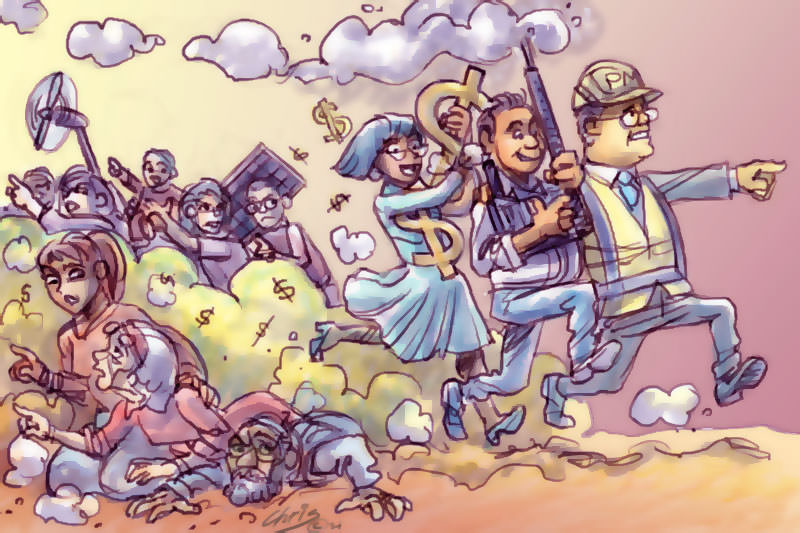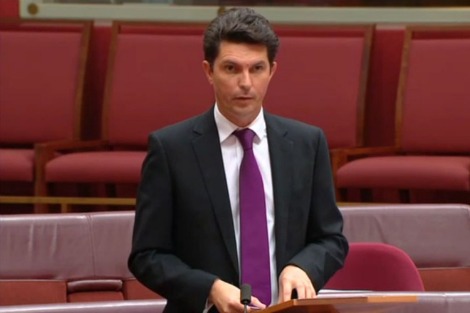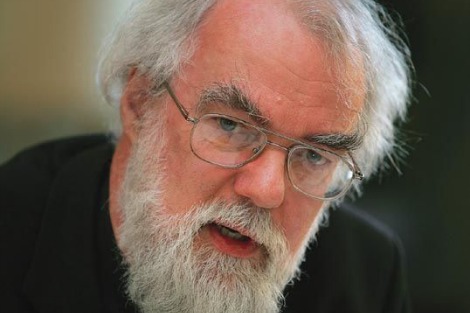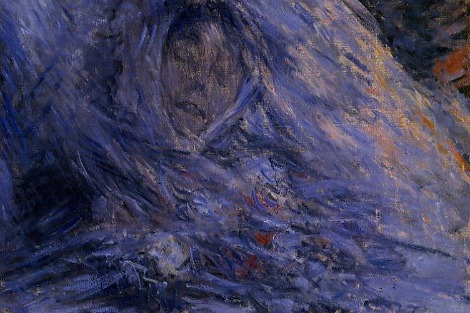Author: Benedict Coleridge
-

AUSTRALIA
- Benedict Coleridge
- 09 February 2021
30 Comments
The celebration of pragmatism in Australian politics obscures the role that ideology has always already played. In fact, one of the more stealthily ideological moves in Australian politics, generally made within that swirl of commitments people call ‘centrism’, is the de-politicisation of policy — the attempt to present policy as responsive to natural imperatives rather than to specific values and ideals.
READ MORE 
-

AUSTRALIA
- Benedict Coleridge
- 24 October 2014
7 Comments
The repeal of the burka ban in parliament followed woeful comments from ignorant senators and an obvious lack of real government consultation with Australia’s Muslim communities, spotlighted an embarrassing level of illiteracy with regard to Islam. We need to move beyond a token religious ‘tolerance’ that is paired with incomprehension of the religious other, towards promoting a more engaged understanding that entails some comprehension of how religious and other cultural traditions fit together.
READ MORE 
-

AUSTRALIA
- Benedict Coleridge
- 07 March 2014
7 Comments
Greens Senator Scott Ludlam this week excoriated Tony Abbott, homing in on Abbott's politics of fear. Whatever you think of the speech, its implication was that politics includes a struggle over the cultivation, control and directing of public emotions. While our instinct is to think of our politics in terms of discussion and consensus, the public sphere also includes forms of expression beyond speech, such as ritual, recognition and mourning.
READ MORE 
-

AUSTRALIA
- Benedict Coleridge
- 07 February 2014
24 Comments
In the Australian migration debate, 'passion' is construed as opposed to 'reason'. But the former Archbishop of Canterbury Rowan Williams has said that 'passion' in its classical (ancient or biblical) sense, is not opposed to reason (being attuned to the world), but rather to 'peace' or 'harmony'. Therefore 'passionate' language — alongside practical proposals — can unsettle uncritical pictures of the issue.
READ MORE 
-

INTERNATIONAL
- Benedict Coleridge
- 07 January 2014
The coughing is getting worse; it sounds like the pew behind me is hosting a cardiac arrest. English theologian James Alison described mass as 'a long term education in becoming unexcited', a state that allows us to dwell 'in a quiet place' that 'increases our attention, our presence'. In Brussels, becoming 'unexcited' seems important.
READ MORE 
-

INTERNATIONAL
- Benedict Coleridge
- 29 November 2013
5 Comments
The woman at the canteen yells 'Urrry up! Speed up! Who dropped that?' A 30 second washing detergent ad prefaces a video you want to watch on YouTube. A homeless man talks to his dog over a sandwich: 'Get lost Chance! It's mine, you've 'ad yours!' Everyday speech tells stories and offers glimpses of things not yet understood, to resurface later alongside other words and verses, fully invested with meaning.
READ MORE 
-

AUSTRALIA
- Benedict Coleridge
- 06 September 2013
11 Comments
Throughout the electoral fracas over boat arrivals, Tony Abbott has been keen to isolate Australia's border control challenges from any international context: in his terms they are 'Australia's problem'. He may deny it, but the Opposition Leader knows full well that the Australian discussion is part of an international debate about responses to people movement. A historical perspective helps to illuminate this.
READ MORE 
-

ARTS AND CULTURE
- Benedict Coleridge
- 09 August 2013
7 Comments
Monet, in a period of deep grief and loss, made what was in his career a rare decision: to paint other people. The artist forgot himself in contemplating the faces of his wife and his son, in depicting the faces of death and of incomprehension. We need icons like this — icons of incomprehension, reminders of the fragile self that, behind its virtual armour, is beset by doubt and demons.
READ MORE 
-

INTERNATIONAL
- Benedict Coleridge
- 12 July 2013
8 Comments
Many on the left might shudder at the mention of Philip Ruddock or think that his views on migration control were extreme and 'illiberal'. But in fact his views rested on mainstream liberal ideas of limited freedom. In Australia the concepts offered by the liberal tradition have been employed by both sides of politics to give a 'reasonable' varnish to inhumane migration control policies.
READ MORE 
-

INTERNATIONAL
- Benedict Coleridge
- 14 June 2013
1 Comment
At present all that seems to unite European citizens is the negative sentiment of 'Euroscepticism'. There's a gulf between citizens' opinions, and the policies pursued to solve Europe's most pressing problems. For committed Europeans the important discussions to be had now aren't just concerned with institutional design, but with 'the fundamental questions'. Enter the philosophers.
READ MORE 
-

INTERNATIONAL
- Benedict Coleridge
- 19 April 2013
7 Comments
He was the same age as me and had the same name. But he looked old. He'd left Nigeria and walked to Macedonia; four years of walking. His feet were covered in callouses, dried and thickened. In the course of these wanderings he had been kidnapped, beaten and starved. The irregular migrants in Macedonia have come to the end of the road.
READ MORE 
-

INTERNATIONAL
- Benedict Coleridge
- 22 March 2013
10 Comments
Our political leaders are suffering from the disenchantment of the electorate. Canberra and its political hackery has less appeal now than it's had for a long time. It might be worth listening to Bob Hawke, who recently unwittingly echoed the seniment of French philosopher Simone Weil's essay 'On the Abolition of All Political Parties'.
READ MORE 